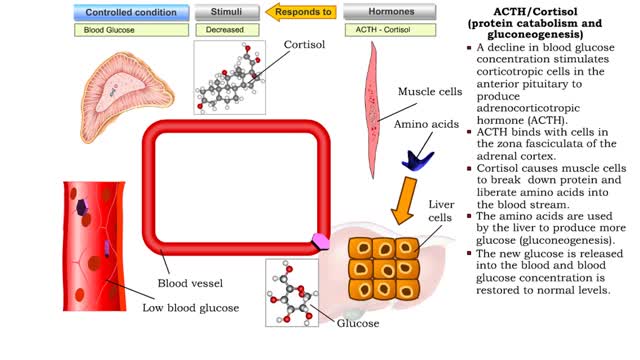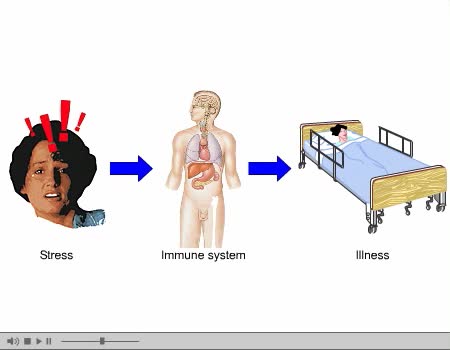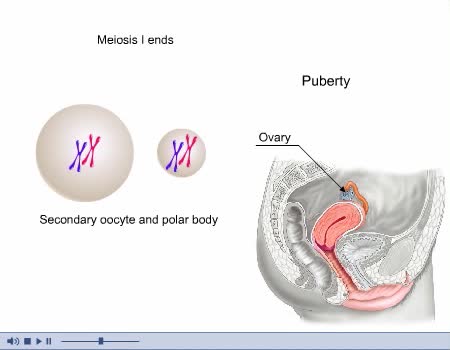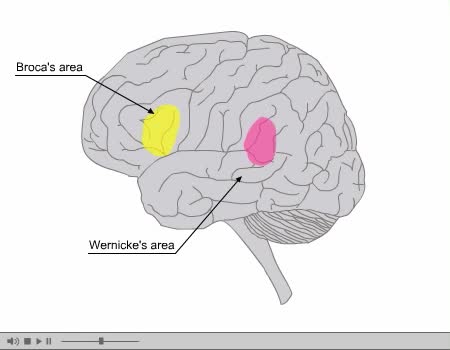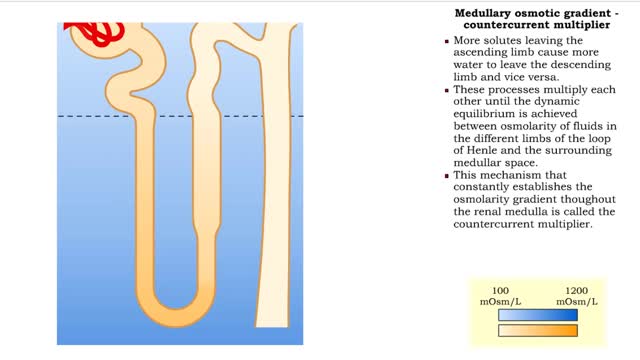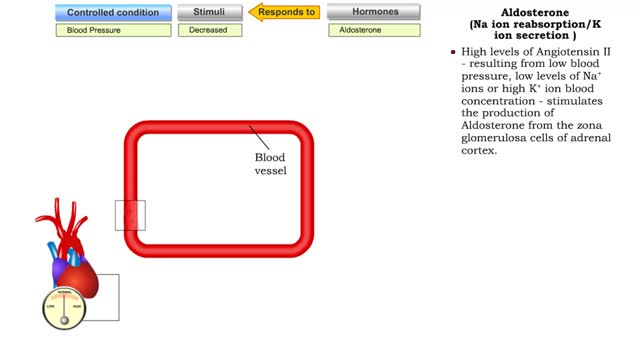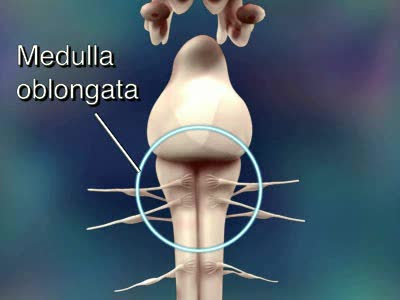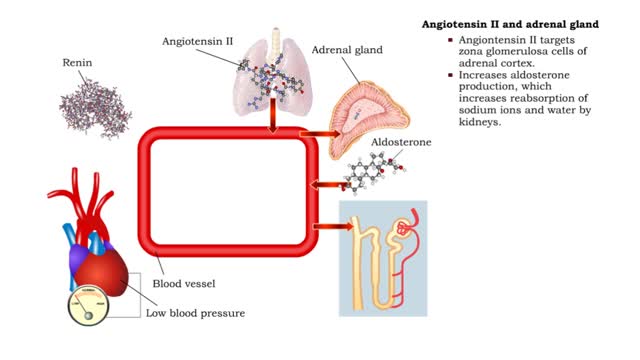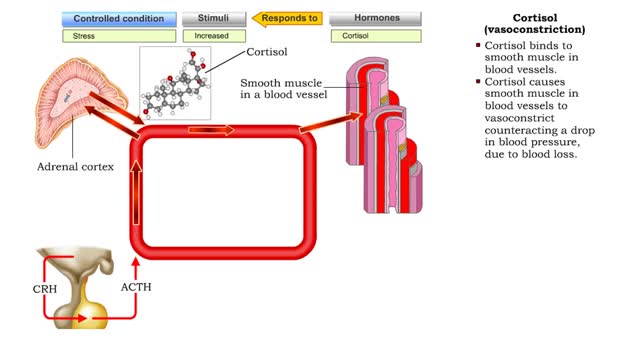Search Results
Results for: 'Cerebral Cortex'
ACTH/Cortisol (glycogenolysis, protein catabolism, lipolysis and gluconeogenesis)
By: HWC, Views: 11221
• A decline in blood glucose concentration stimulates corticotropic cells in the anterior pituitary to produce adrenocorticotropic hormone (ACTH). • ACTH binds with cells in the zona fasciculata of the adrenal cortex. • Increased ACTH promotes the production of cortisol, the major gluco...
Stress and Immune System Animation
By: Administrator, Views: 14525
How stress and the immune system are linked. Immune response declines with age, limiting body's ability to identify and fight foreign substances. Loss of thymus cortex leads to reduced production of T lymphocytes, including T cells, NK cells, B lymphocytes. Frequency and severity of infectio...
By: Administrator, Views: 14529
Located on either side of the uterus, ovaries are almond-shaped organs attached to the uterus by the ovarian ligament and lie close to the fimbriae of the fallopian tubes. The anterior border of each ovary is connected to the posterior layer of the broad ligament by the mesovarium (portion of th...
By: Administrator, Views: 14510
Specific language areas of the brain. Many cortical (and non-cortical!) regions are involved in language processing. The primary language pathway begins in Wernicke’s area (posterior temporal lobe), which receives information from the auditory and visual cortices and assigns meaning (= lang...
By: HWC, Views: 12123
▪ The primary cause of the medullary osmotic gradient is the active transport of solutes. • In the ascending limb of the loop, active transport of Na+ ions drives passive reabsorption of Cl- ions. • Addition of these ions to the interstitial fluid of the medulla increases its osmolarity...
Atrial natriuretic peptide (vasodilation) & Aldosterone
By: HWC, Views: 11066
• Certain situations will cause the body's stress level to rise. • increased blood pressure will stretch the atria of the heart, stimulating the secretion of atria natriuretic peptide (MP). • ANP causes muscle cells in blood vessels to relax. • Blood pressure is lowered as a result ...
Central Nervous System Animation
By: Administrator, Views: 14475
Consists of the brain and spinal cord. CNS receives impulses from throughout the body processes the information responds with an appropriate action Brain and spinal cord can be divided into: gray matter (unsheathed cell bodies and true dendrites) white matter (myelinated nerve fibers) ...
Angiotensin II - kidneys, adrenal glands and dehydration
By: HWC, Views: 11400
• Angiontensin II targets cells in the proximal convoluted tubule of the nephron. ■ The reabsorption of Na+ and Cl- ions sets up an osmotic gradient favoring the retention of water. • Decreases urine production and increases blood volume and pressure. • Angiontensin II targets zon...
Cortisol (protein catabolism, gluconeogenesis, vasoconstriction & anti-inflammation)
By: HWC, Views: 11042
• Stressors stimulate production of hypothalamic releasing hormones, corticotropin releasing hormone, hormone (CRH) and adrenocorticotropic hormone (ACTH) stimulate. • These hormones promote increased production of 1 cortisol from the zona fasciculata cells of the adrenal cortex. • Cort...
Advertisement



